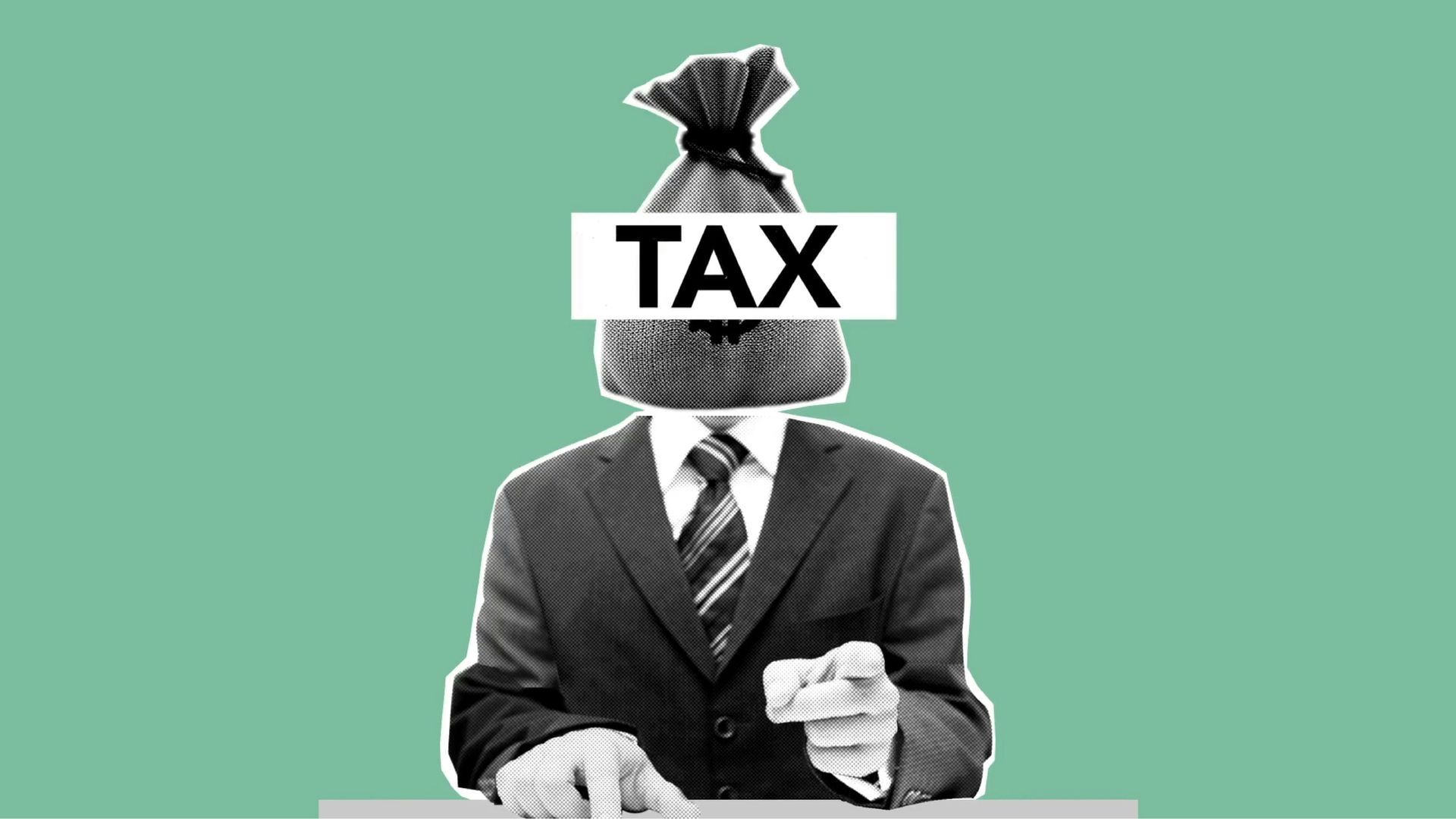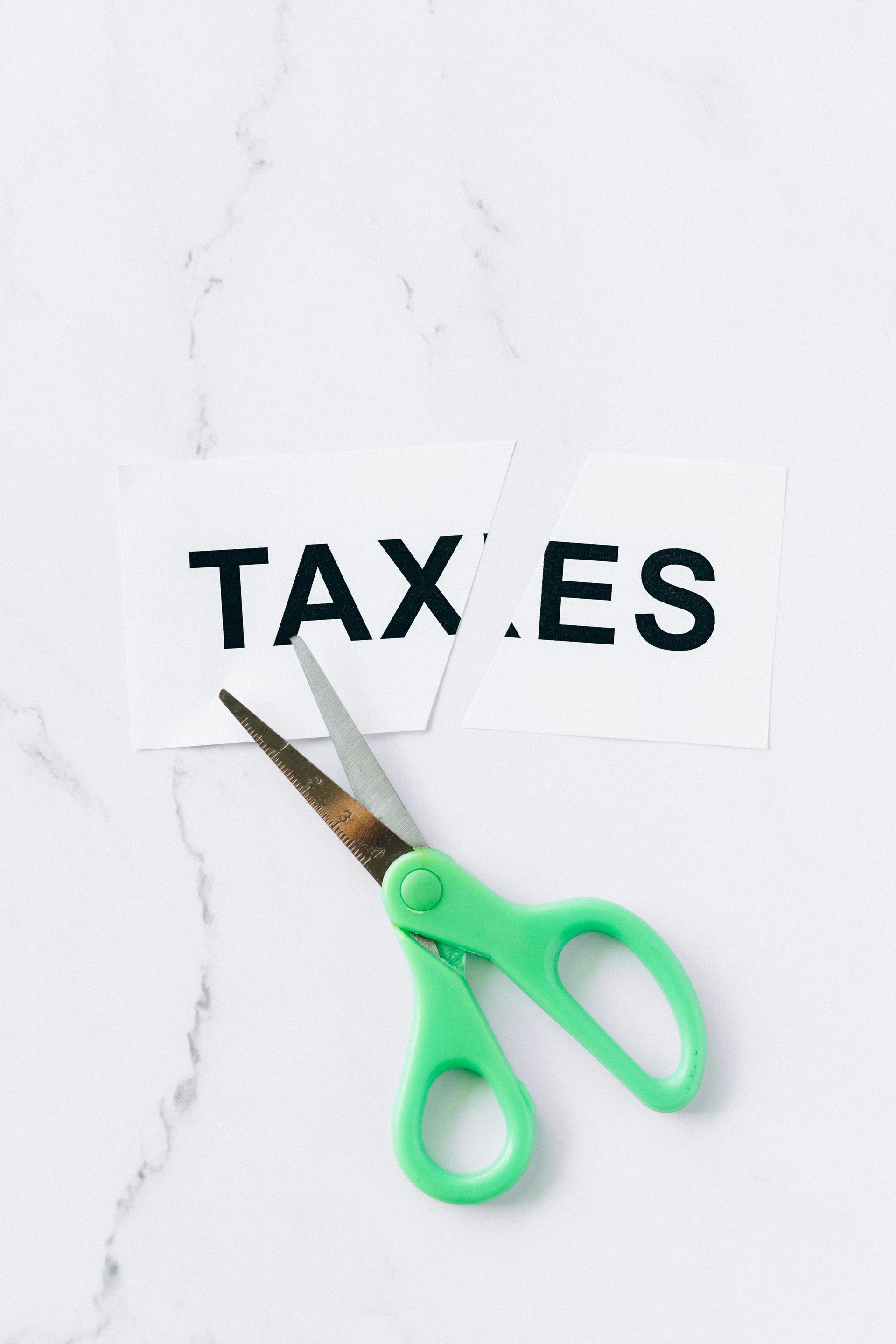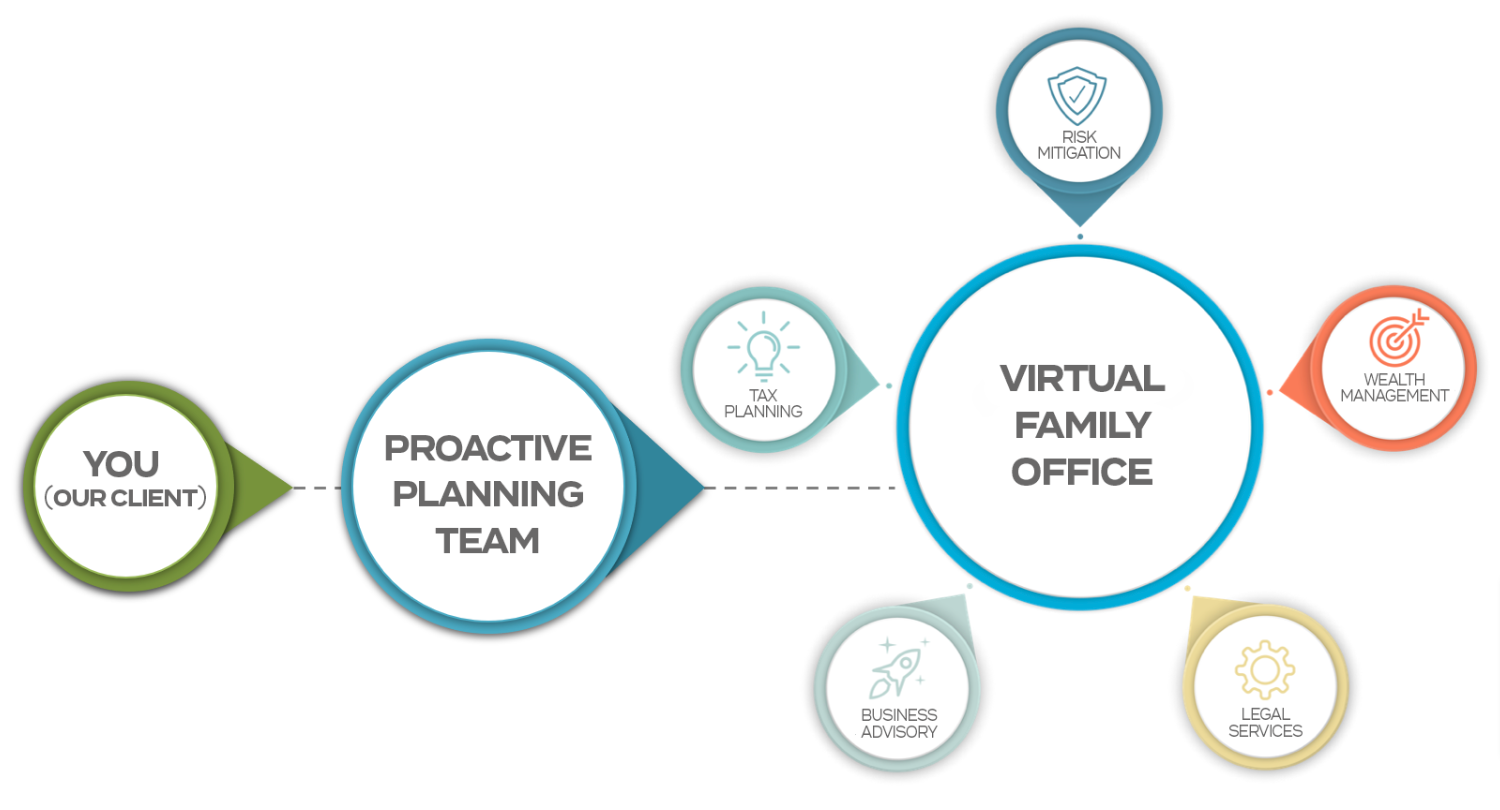The COVID Relief Bill Summarized
The “rescue package” has arrived. The COVID Relief bill is a whopping 5,593 pages long. I know you don’t want to sit and read through that novel, so I am here to summarize, in plain English, how this bill is going to effect your taxes.
Have you ever been on a roller coaster before? A lot of twist and turns, up and down, scary for some, exhilarating for others.
I fondly remember going to Six Flags Great America every summer with my family. The roller coaster named, American Eagle, was always the scariest roller coaster for me. Why? The roller coaster is made up of wood and has been there for decades. Who’s to say that the wood doesn’t begin to rot, or is attacked by termites…a lot for a young kid to worry about.
The COVID tax bills have been more stressful than any roller coaster ride of my life. The tax community has been left off on an island in regards to how we are supposed to approach the ramifications of COVID related tax bills. In particular, the Paycheck Protection Program taxability. As a small business consultant, I have felt very vulnerable at times when trying to advise our small business clients. The rules of the PPP have changed monthly, weekly…daily! The original intent of the PPP loan was to provide business owners monies to keep employees on payroll and pay their rents. The intent was for their not to be any tax ramifications involved. However, the IRS interpreted the loan differently. The IRS was prepared to not allow any expenses to be deducted by a business if those expenses were forgiven by the PPP loan. This essentially means that the business would have to report profits equivalent to the amount of their PPP loan that was forgiven. To put it simply, the PPP loan would become taxable. The roller coaster ride is now over. In the bill, we finally get the ruling that expenses forgiven WILL STILL BE TAX DEDUCTIBLE!!!! YAY!
This is great news for small business owners as it will relieve them of potentially large tax burdens when filing their tax return.
Let’s take a look at how some items in the bill may effect small business owners and individual taxpayers.
Individuals
Additional 2020 Recovery Rebates (Stimulus Check)
• $600 per eligible family member – Non-taxable. **This could be $2,000 if they choose to amend this portion of the bill based on the President’s recommendation.
- Phase outs:
• MFJ: starts at $150K AGI
• HOH: starts at $112,500 AGI
• S or MFS: starts at $75K AGI - “eligible individual” does not include nonresident
aliens, anyone who qualifies as another’s
dependent and estates or trusts - Must have a SSN to be eligible
- Offsets limited to child support
- Based off of 2019 tax return income
• Advanced payments that exceed eligible credits are
not required to be repaid - If stimulus payment is received in 2021, it is still going to be reported on your 2020 income tax return.
- You will need to report the total amount of stimulus payments you received on your 2020 income tax return. Please provide that to your tax professional when filing your tax return.
PPP Loan Updates
- PPP Forgiveness and EIDL Advance are tax exempt
- PPP and EIDL Advance expenses are now tax deductible
- EIDL Advance is no longer subtracted from the PPP Loan amount eligible for forgiveness
- Additional eligible expenses for forgiveness:
- Covered operations expenditures
- Covered property damage costs
- Covered supplier costs
- Covered worker protection expenditures
- Simplified application for forgiveness for loans up to $150,000
PPP 2nd Draw
To qualify, a business must have:
- A 25% reduction in gross receipts (total sales) – In Quarter 1,Quarter 2,Quarter 3, Quarter 4 from 2020 compared to same quarter in 2019.
- No more than 300 employees
- Used or will use full amount of first loan AND approve for Forgiveness.
How much of a loan will you get if you qualify?
- 2.5 times monthly payroll one yr prior to the loan or calendar yr. (Same as Round 1)
- 3.5 times for restaurants, bars, hospitality industries. (NAICS Code 72)
What if I missed the boat on Round 1 of the PPP Loan?
They will be opening up applications for the original PPP Loan!
None of this is final law yet. We are currently in the veto process in which Congress will need to decide if they want to amend the bill or override the veto. Regardless, I am confident the items discussed in this article will stick. When you will receive your stimulus checks and how much will they be, who knows?…but they’re coming! Small business owners, the PPP loan will not effect your taxes…it’s a Christmas miracle.
We will provide updates as they come along. Stay tuned for all your small business accounting needs.
Happy Holidays!
Nick Hammernik
The post The COVID Relief Bill Summarized appeared first on Talking Tax to Milwaukee.
See More Blog Posts







